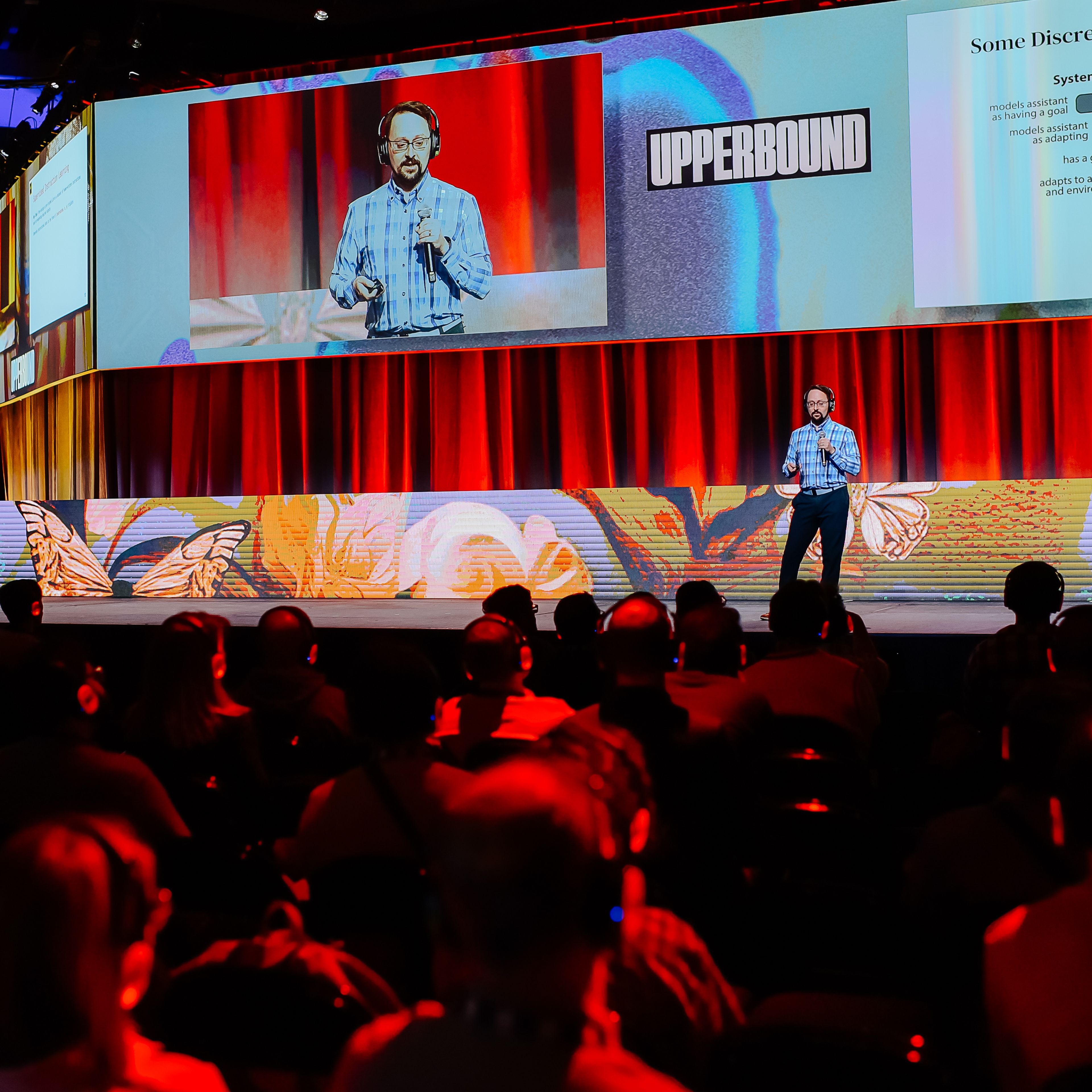In the latest Approximately Correct podcast episode, we ask a very important question: can machine learning save us from sad, flavourless tomatoes?
Dr. Glen Uhrig, biochemist and Associate Professor at the University of Alberta, joins hosts Alona Fyshe and Scott Lilwall to talk about the work that his lab is doing, using machine learning to help unlock the mysteries of how plants grow and thrive — which could have major implications on agriculture and food production.
Loading...
He leads the U of A’s Uhrig Lab, where they study how different lighting conditions and stress can affect plant growth. Uhrig explains that much of his work focuses on the “diel biology” of plants, studying how their biology changes over the course of a 24-hour cycle. “They're very in tune with sunrise, sunset, and at night. They're doing different things metabolically. How they're growing and aiming towards reproduction,” he said.”
This is all very important for us to understand from an agricultural perspective, because we rely on seeds or plant biomass for different things.”
As part of that work, Uhrig and his team use LED lights to test how plants grow under different lighting conditions. That has led to some surprising results. While a lot of people might assume that full sunlight would inspire the best results, their work with a plant called thale cress has shown that light conditions that mimic twilight are also very important to a plant’s development.
That work generates massive amounts of data, which is where machine learning can prove invaluable. Uhrig says that they are using ML models to analyze the images that track how the plants are growing. These models can detect tiny changes in the plants that wouldn’t be noticed by the human eye, including subtle changes in leaf positions over the course of a day.
![]() Maching learning is being used to support Uhrig's research into how Thale Cress (arabidopsis thaliana) responds to different lighting conditions.
Maching learning is being used to support Uhrig's research into how Thale Cress (arabidopsis thaliana) responds to different lighting conditions.
Understanding how different lighting can affect plant growth could lead to applications that can make crops that grow faster, have better yields, or are selected for other variables like taste or colour. He is especially interested in the impact it could have on indoor farming facilities, which could have implications for agriculture in rural, northern climates or even in growing food for space exploration missions.
Uhrig says that as a biochemist, the collaboration with machine learning researchers highlights how powerful artificial intelligence can be in supporting scientific discovery in other disciplines.
“I am always so impressed with the types of questions that they ask because I don't think about science the exact same way, and I love hearing those sorts of questions... We're actually asking the same question, just in different ways, just based on our prior knowledge."
He feels that right now, researchers are only scratching the surface of the applications that machine learning could have on advancing life sciences and plant biology. For instance, he is interested in exploring how reinforcement learning might be able to design and develop new “light recipes” that might encourage plants to be faster-growing and more productive.
Approximately Correct: An AI Podcast from Amii is hosted by Alona Fyshe and Scott Lilwall. It is produced by Lynda Vang, with video production by Chris Onciul. Subscribe to the podcast on Apple Podcasts or Spotify.
Approximately Correct: An AI Podcast from Amii is hosted by Alona Fyshe and Scott Lilwall. It is produced by Lynda Vang, with video production by Chris Onciul. Subscribe to the podcast on Apple Podcasts or Spotify.

Not Your Average AI Conference
Learn from Leading Minds in AI at Upper Bound
Be one of the thousands of AI professionals, researchers, business leaders, entrepreneurs, investors, and students in Edmonton this spring. Explore new ideas, challenge the status quo, and help shape a positive AI future.